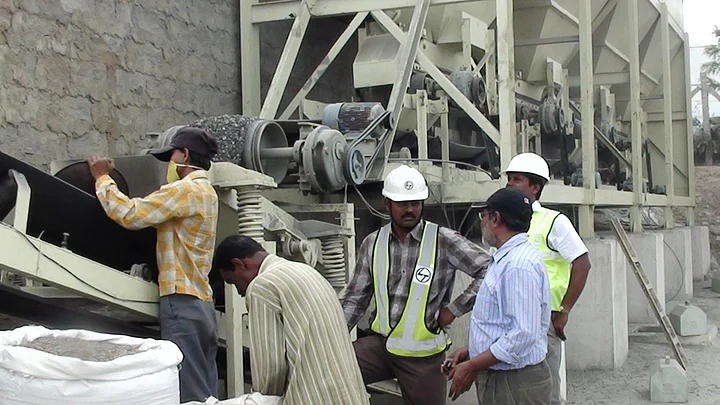Plastic into Roads
Two brothers, K Ahmed Khan, an Indian scientist, and K Rasool Khan, an innovator, went against all odds to achieve a dream. They were challenged to shut their plastic factory back in the 90s.
Stung by the shutdown, they came up with the idea to use plastics in a different way. They decided to open a waste management facility which could do wonders for roads in Karnataka.
As someone humorously said once – “there are not small potholes in roads rather small roads in potholes”.
K Ahmed Khan and Rasool KhanThis idea came up in 1997-98, when the government had taken measures to ban usage of plastic. The idea of using plastic waste in road construction could solve the problem of waste plastic disposal.
Later, the idea was made into reality by conducting a research project in RV College of Engineering, Bangalore. It was conducted by his son Amjad Khan who was then studying chemical engineering at RV College of Engineering.
After two years of research work, Amjad concluded that it was feasible to use bitumen-plastic in laying roads.
It Was Not a Cakewalk as It May Sound
The real problems started surfacing only after the success of the project, as “technology needed support from contractors who lay roads”. The initial investment also came from the duo
Were Locals Ready to Segregate the Plastic Waste?
Till today it is difficult to put across the importance of waste segregation to people. Awareness programs have been conducted regarding this. As we purchase waste plastic, safai karmacharis segregated waste and sold plastic to us.
Further research was carried out at Bangalore University, CRRI and IIT, Kharagpur.
Public and Media Have Always Been Supportive
The company has been recognised by various national and international forums. It has bagged the Crisil Award for excellence in municipal initiative for the year 2004-2005, the Real Heroes Award by Reliance Company and CNN-IBN, and Best Practices Award for 2004-2005 by Karnataka Government.
Slow Response From the Govt.
“We have been promoting this technology since its inception. But we have been receiving a slow response from the government. We are hopeful to reach more people as the Ministry of Road Transport and Highways (MoRTH) has made it compulsory to use waste plastic in all NH road constructions. It has taken some time for lawmakers to accept it,” said Rasool Khan.
(At The Quint, we question everything. Play an active role in shaping our journalism by becoming a member today.)
